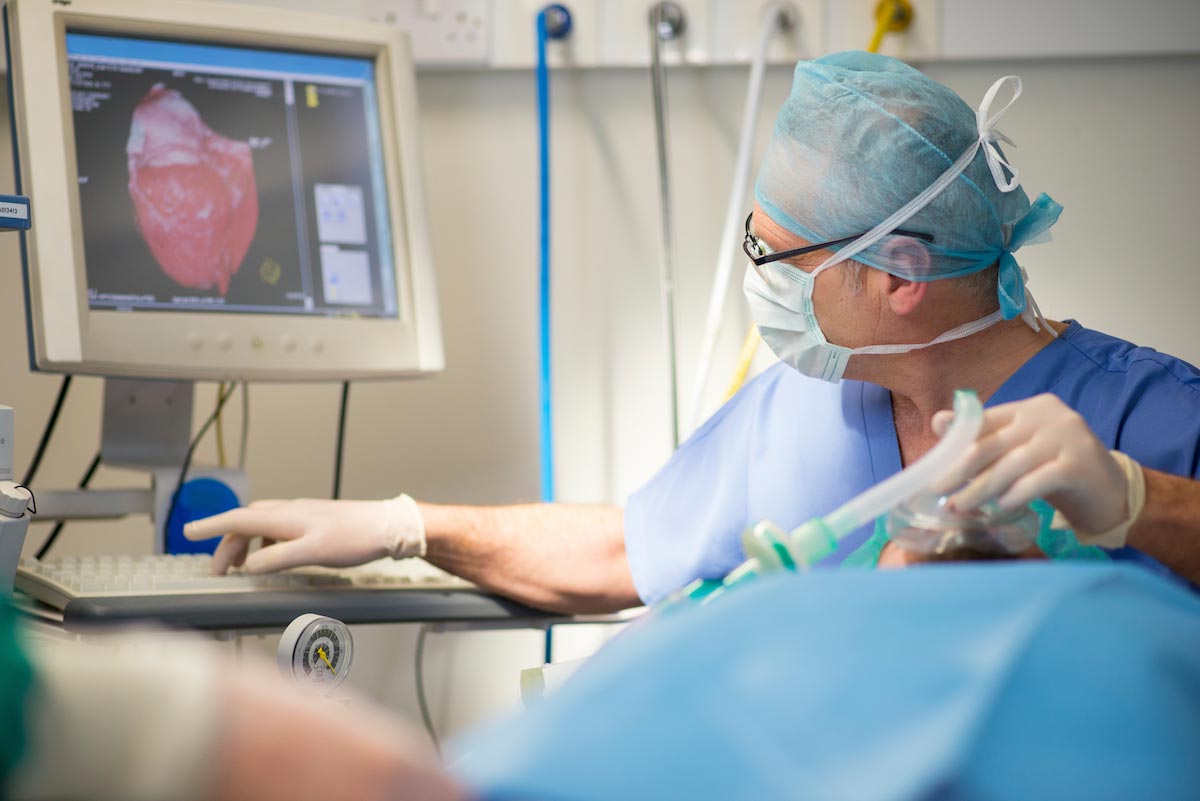HPV vaccine linked to growing rates of infertility in both men and women
03/01/2019 / By Vicki Batts

Fertility rates are plummeting at an unprecedented pace around the world. In the United States, birth rates just reached a thirty-year low — even in spite of current economic booms. In Finland, birth rates just reached the lowest they’ve been in 150 years. Across the board, studies show that a majority of developed nations in the world are now facing falling fertility rates.
While some attribute falling birth rates to social changes, new evidence shows there is more to the puzzle than media coverage would seem to suggest. Estimates from the CDC indicate that some 12 percent of American women face the struggle of infertility — and researchers are trying to figure out why.
Now, a scientific study has linked the HPV vaccine to the rise of infertility in both men and women.
HPV jab linked to falling birth rates
As Children’s Health Defense reports, a study recently published in the Journal of Toxicology and Environmental Health examined the child-bearing capacity of women who received the HPV vaccine.
The HPV vaccine is intended to protect against human papilloma virus (HPV) and, supposedly, will help prevent cervical cancer.
As lead researcher Gayle DeLong discovered, pregnancy rates can vary wildly in relation to the HPV vaccine. Using data collected from the National Health And Nutrition Examination Survey (NHANES) from 2007 to 2014, DeLong found that women between the ages of 25 to 29 who received the HPV vaccine were nearly fifty-percent less likely to have a child.
From the research paper:
Approximately 60% of women who did not receive the HPV vaccine had been pregnant at least once, whereas only 35% of women who were exposed to the vaccine had conceived. For married women, 75% who did not receive the shot were found to conceive, while only 50% who received the vaccine had ever been pregnant.
Mother Nature's micronutrient secret: Organic Broccoli Sprout Capsules now available, delivering 280mg of high-density nutrition, including the extraordinary "sulforaphane" and "glucosinolate" nutrients found only in cruciferous healing foods. Every lot laboratory tested. See availability here.
Across the board, it seems women who have had the HPV vaccine are about 25 percent less likely to have a child.
When with the finding that birth rates had plummeted from 118 births per 1,000 women in 2007 to 105 in 2015, and the evidence of increasing infertility rates, and this finding could indicate something far more significant about the HPV vaccine.
Inoculation and infertility
As Children’s Health Defense reports further, there are multiple case studies of young girls who have faced fertility issues after receiving some iteration of the HPV vaccine. In 2014, doctors reported that two 16-year-old girls and an 18-year-old young woman suffered premature ovarian failure after administration of the HPV jab.
Data from the Vaccine Adverse Event Reporting System (VAERS) from between 2006 and 2014, show some 48 cases of ovarian damage were reported in relation to the HPV vaccine, along with 256 miscarriages, 172 cases of amenorrhea, and 172 cases of irregular menstruation.
VAERS data is notoriously unreliable; estimates suggest that only 1 to 10 percent of adverse events actually get reported — which means that many more people have likely been harmed by a vaccine than the industry would like for you to believe.
Skeptics of DeLong’s study have been quick to point to birth control and changing social attitudes about children — but DeLong has an answer for them. According to the same NHANES data, just 36 percent of married women who got the HPV jab were using birth control.
Comparatively, 51 percent of women who didn’t get the shot had some form of birth control.
So, DeLong found that while married women who got the HPV shot were less likely to have a child than women who didn’t– they were also less likely to be using birth control methods.
Less birth control should mean more babies — but in the case of the HPV vaccine, data indicate the opposite to be true. The inverse relationship between HPV vaccination and fecundity holds true, and becomes even stronger with the addition of data on birth control. This should absolutely highlight the need for further investigation — and it should prompt a major public health warning. But instead, the corrupt vaccine industry is looking for more people to jab.
See more coverage of real vaccine science at Vaccines.news.
Sources for this article include:
Tagged Under: depopulation, HPV vaccine, Infertility, men's health, Vaccine dangers, Vaccine injuries, vaccines, women's health




















